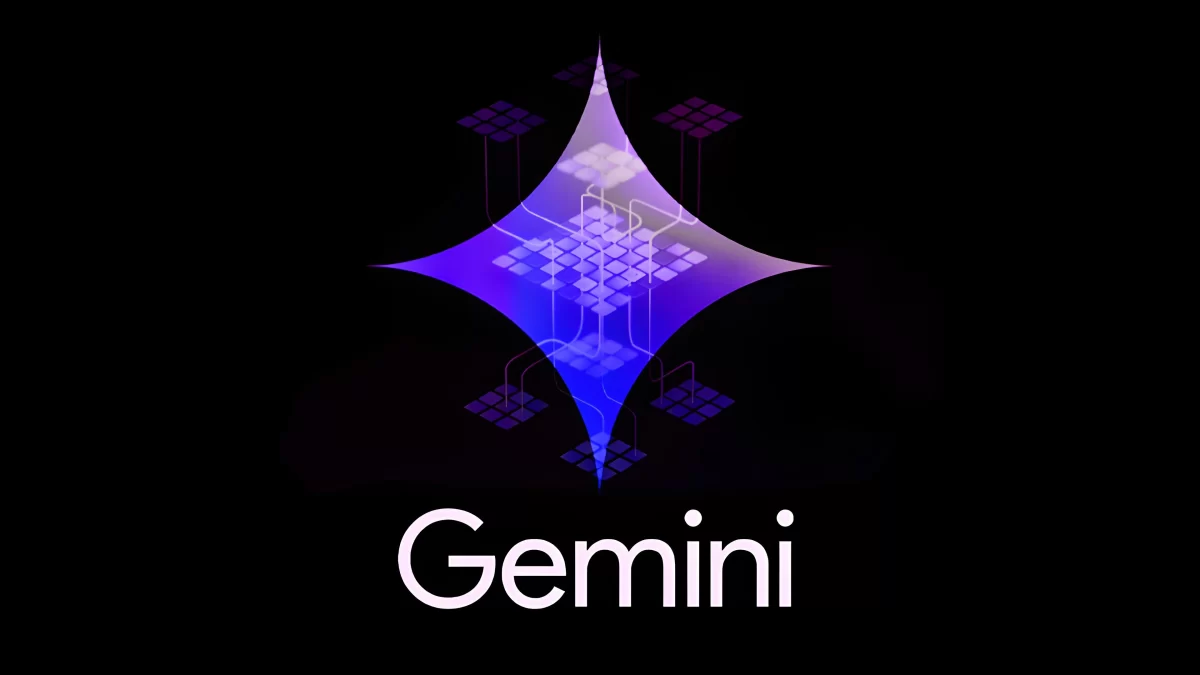The European Commission has issued a stern warning to Microsoft, urging the tech giant to hand over internal documents and data related to the generative AI features of its Bing search engine by May 27. The warning comes amid growing concerns over the potential impact of AI-generated misinformation on the upcoming European Parliament elections.
Background
With the European elections scheduled for June 6-9, 2024, the EU has heightened its scrutiny of major tech platforms, including Microsoft, Google, and Meta, due to fears of AI-driven disinformation campaigns. The European Union’s cybersecurity agency, ENISA, has highlighted the risks posed by AI technologies such as chatbots and deepfakes, which could undermine the integrity of the electoral process.
The EU’s Demands
The European Commission’s demand focuses on two key AI features within Bing: “Copilot in Bing” and “Image Creator by Designer.” These tools, which can generate text and images based on user prompts, have been identified as potential sources of false information, or “hallucinations,” and deepfake content. Such AI-generated content could be exploited to manipulate voters and disrupt democratic processes.
Microsoft has been given a legally binding deadline to comply with the EU’s request. Failure to do so could result in significant fines, amounting to up to one percent of the company’s annual global turnover and additional periodic penalties.
The Broader Context
The Commission’s action is part of a broader effort to enforce the Digital Services Act (DSA), which aims to regulate large online platforms and mitigate various online risks. The DSA requires these platforms to conduct risk assessments related to misinformation and disinformation, especially in the context of elections.
The urgency of this issue is underscored by the recent surge in AI-generated misinformation across Europe. ENISA’s annual Threat Landscape report documented over 2,500 cybersecurity incidents, with a notable increase in AI-related threats, including sophisticated phishing attacks, deepfakes, and other forms of social engineering
Industry Response
In response to these challenges, tech companies have pledged to enhance their efforts to combat AI-driven misinformation. Microsoft, for instance, has outlined several election protection commitments, including providing voters with authoritative election information and enhancing transparency on its platform. Similarly, other tech giants like Meta and Google have committed to working with European authorities to develop robust solutions to these emerging threats.
As the European elections approach, the EU’s stringent measures against AI-generated misinformation underscore the critical need for vigilance and proactive measures to safeguard democratic processes. The outcome of the Commission’s demands to Microsoft and other tech platforms will be closely watched as Europe strives to ensure a fair and secure electoral environment.



















